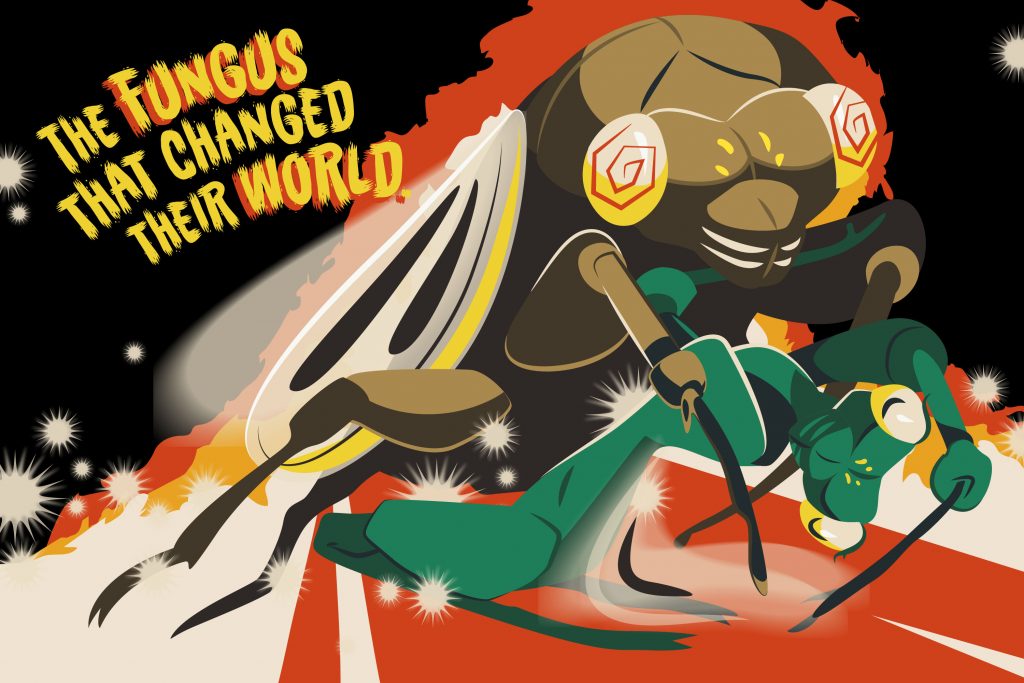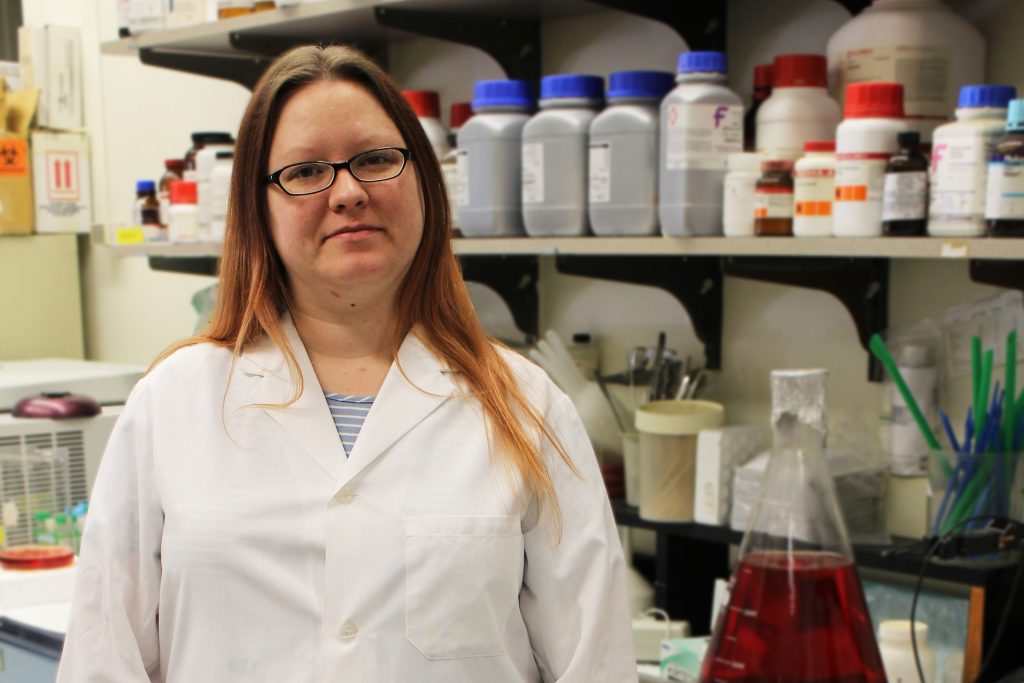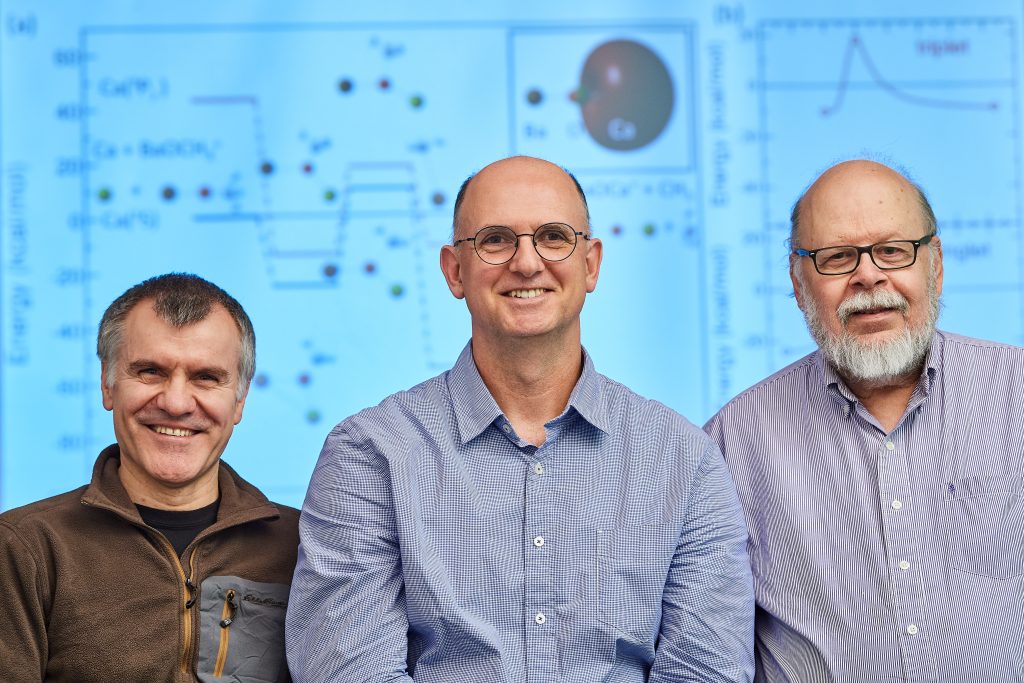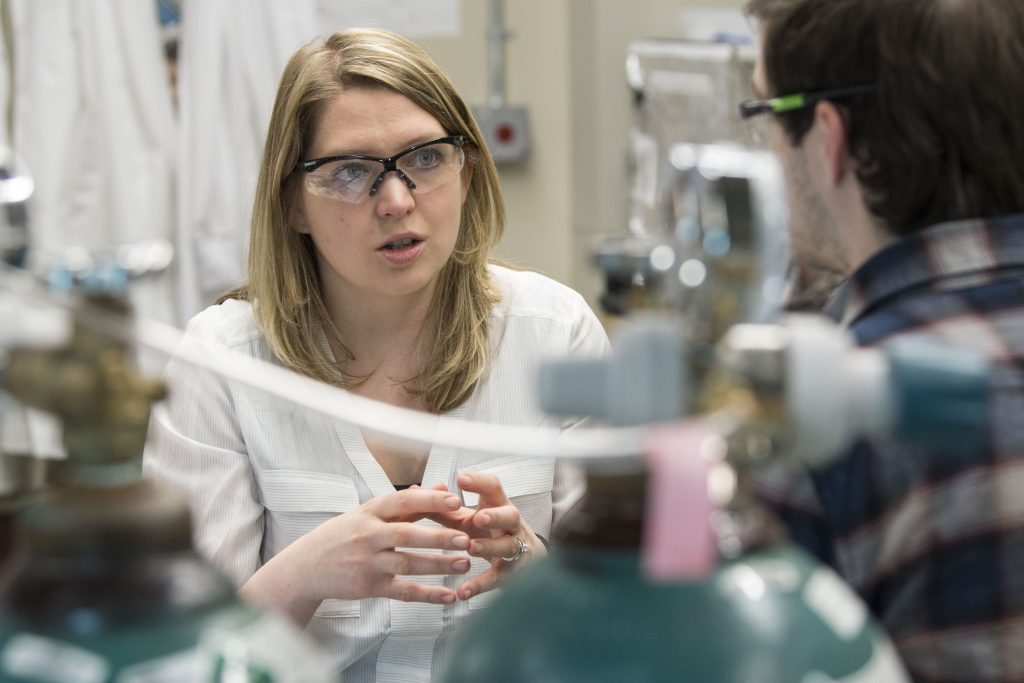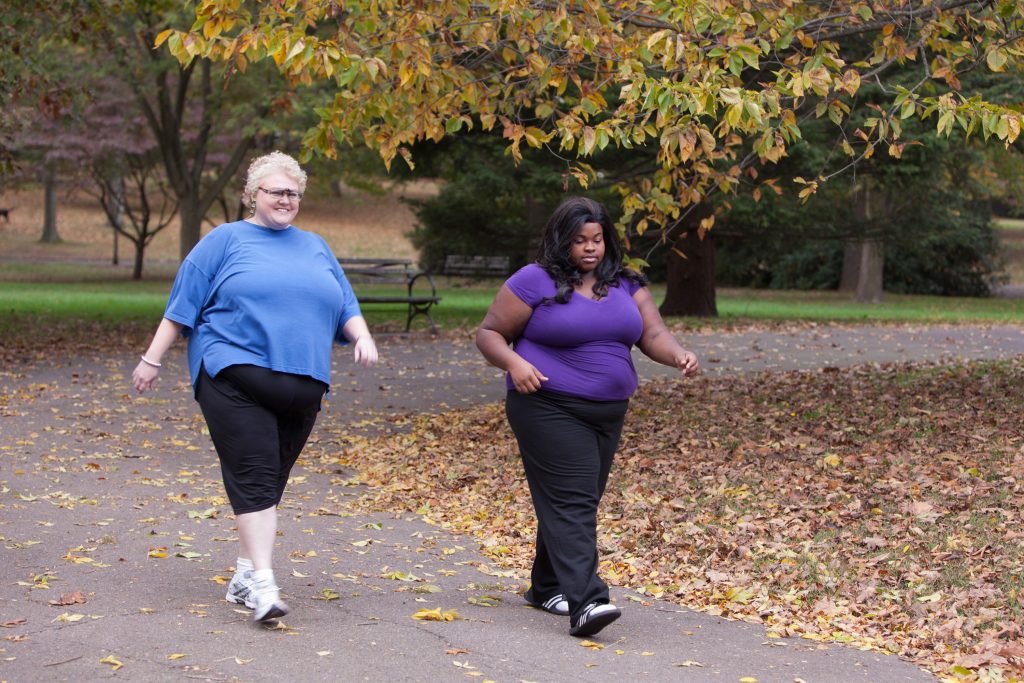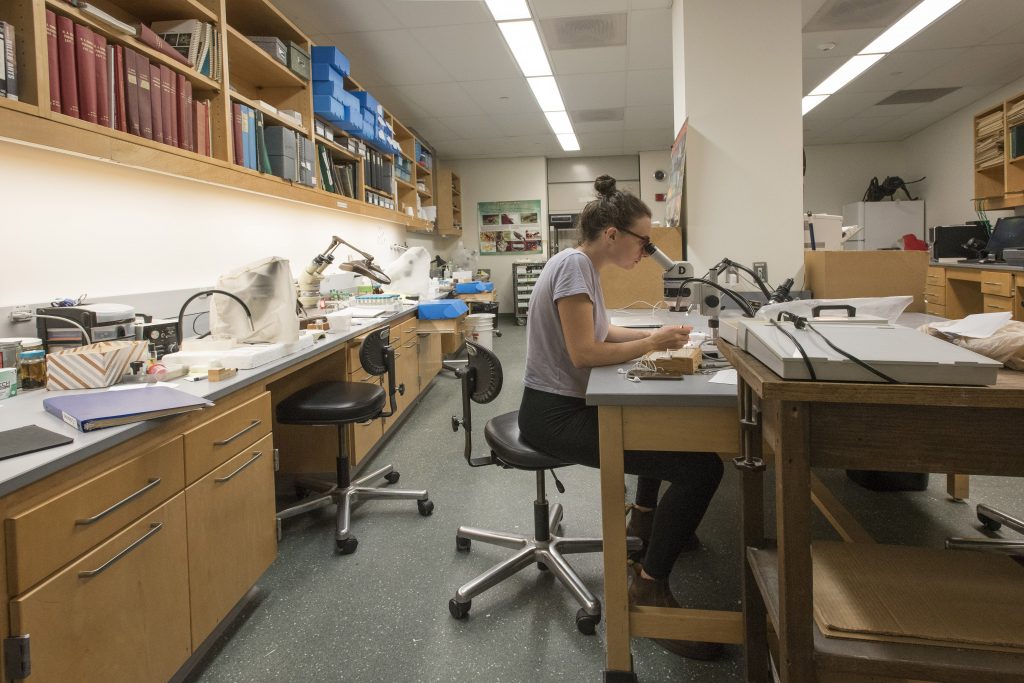Postdoctoral Fellows
Invasion of the Body-Snatching Fungus
UConn researchers recently documented a gory and fascinating relationship between periodical cicadas and a fungus that infects them.
February 22, 2018 | Elaina Hancock
Healthy Drink Can Pack a Punch in Preschooler’s Lunch
'It is much easier than parents may think to pack a healthy lunch,' says postdoc Maria Romo-Palafox, author of a new study.
February 22, 2018 | Daniel P. Jones, UConn Rudd Center
What Makes the Bacteria Behind Lyme Disease Tick?
UConn Health researchers are advancing understanding of how the bacteria transmits disease, pointing to the potential for ultimately developing therapeutics to target this system.
February 8, 2018 | Jessica McBride, Office of the Vice President for Research
Controlling Chemistry with the Tools of Physics
UConn physicists explain how individual atoms and molecules react in an ultracold environment, providing new insight into the forces at work in chemical reactions.
December 19, 2017 | Colin Poitras
Tailoring Treatment to Combat Diseased Cells at the Genetic Level
A UConn researcher developed a new drug delivery system using a synthetic-biological hybrid capsule that leaves healthy cells alone, increasing effectiveness and reducing unwanted side effects.
December 4, 2017 | Jessica McBride, Office of the Vice President for Research
Food Swamps Predict Obesity Rates Better Than Food Deserts
A new UConn Rudd Center study found that easy access to fast- and junk-food outlets was a better predictor of high obesity rates than lack of access to affordable, nutritious food.
November 14, 2017 | Daniel P. Jones, UConn Rudd Center
How Birds are Rescheduling their Lives Around Climate Change
'We were expecting them to only move in space, but we’ve demonstrated they also move in time,' says UConn researcher Morgan Tingley.
November 13, 2017 | Elaina Hancock
How People Cope with Weight Stigma Affects Their Health
A focus on positive coping strategies could help improve health for those who experience being teased or bullied because of their weight, according to new research by the UConn Rudd Center.
November 9, 2017 | Daniel P. Jones, UConn Rudd Center
Old Specimens, New Insights
In UConn’s Biodiversity Research Collections, scientists, like detectives, are discovering new information about species today, even from specimens collected decades ago.
October 12, 2017 | Elaina Hancock
Some Land Conservation Measures Are Unpopular Among Property Owners
Since private landowners are critical partners in efforts to save coastal marshes, identifying the best strategies will be essential to success.
August 7, 2017 | Judy Benson, Connecticut Sea Grant
